Introduction
What are social media groups?
Why are social media groups important for physician groups?
How can physician groups create and manage social media groups effectively?
Conclusion
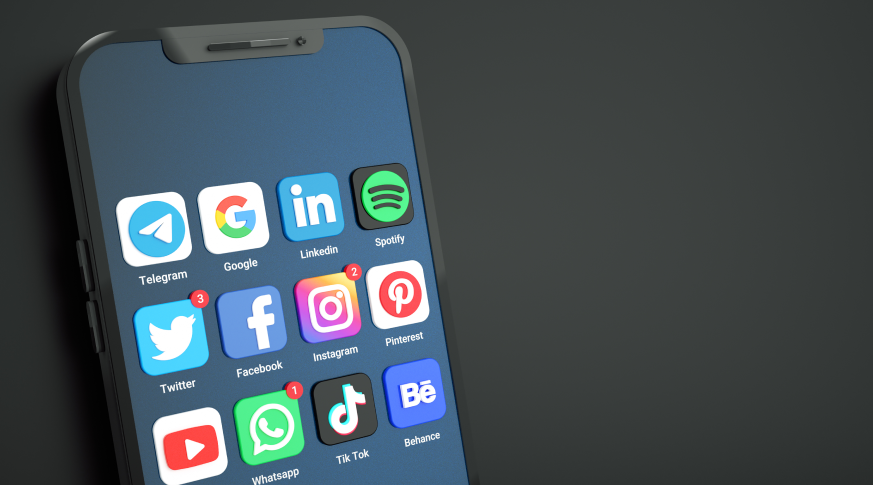
Introduction
Social media has become an integral part of our daily lives, and it has also become a powerful tool for businesses and organizations to connect with their audience and promote their products and services. In the healthcare industry, social media can be a valuable tool for physician groups to engage with their patients and build a strong community.
One way that physician groups can use social media effectively is by creating and managing social media groups. These groups allow physicians to connect with patients in a more personal and interactive way, and they can also be a powerful tool for fighting the corporatization of healthcare.
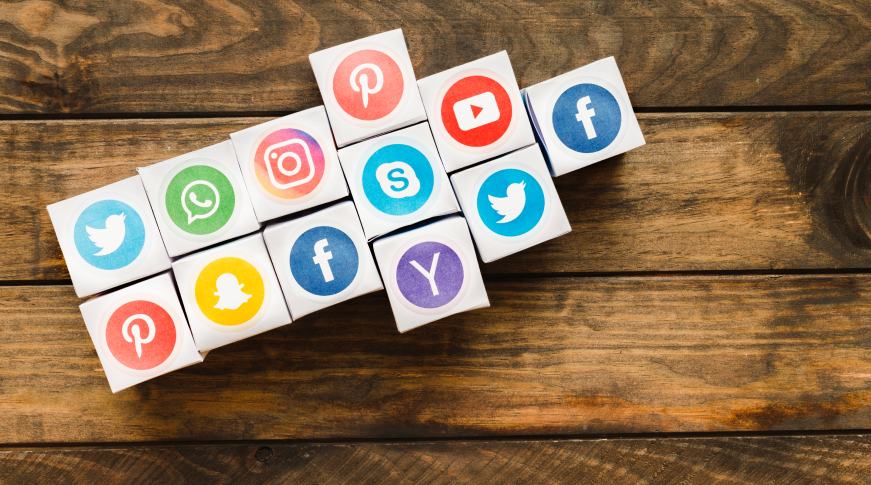
What are social media groups?
Social media groups are online communities that are created and managed on social media platforms such as Facebook, LinkedIn, or Reedit. These groups can be public or private, and they allow members to share content, discuss topics, ask questions, and interact with each other.
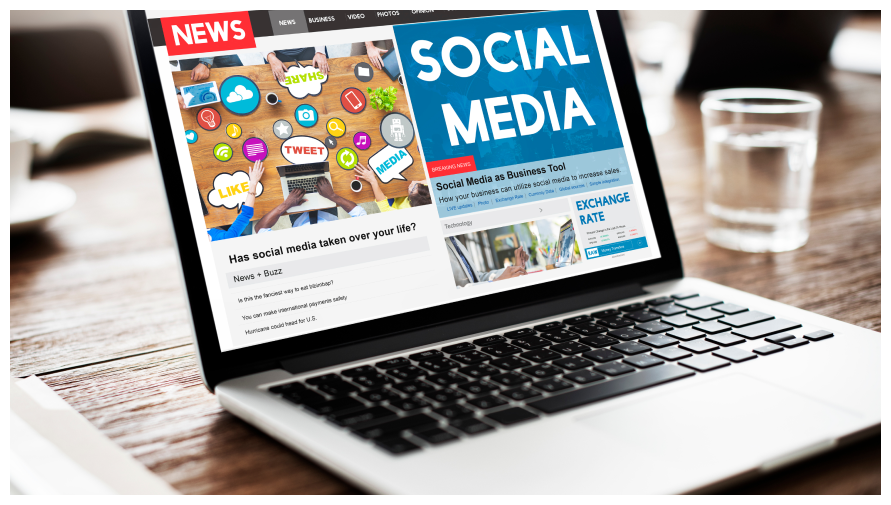
Why are social media groups important for physician groups?
There are several reasons why social media groups can be a valuable tool for physician groups:
• Personal connections: Social media groups allow physicians to connect with their patients in a more personal and interactive way. This can help to build trust and strengthen the patient-doctor relationship.
• Community building: Social media groups can help to build a sense of community among patients and physicians. This can be especially important for patients who may feel isolated or disconnected from the healthcare system.
• Patient education: Social media groups can be a valuable tool for educating patients about their health and providing reliable information. Physicians can share articles, videos, and other resources with their patients to help them better understand their health and how to manage it.
• Feedback and engagement: Social media groups can provide a platform for physicians to seek feedback and engage with their patients. This can help improve the quality of care and ensure that patients’ needs are met.
• Fighting corporatization: The corporatization of healthcare has led to a greater emphasis on profits and less focus on patient care. Social media groups can be a powerful tool for physician groups to fight back against this trend and advocate for their patient’s needs.

How can physician groups create and manage social media groups effectively?
• Choose the right platform: Different social media platforms have different features and audiences, so it’s important to choose the one that best fits your needs. For example, Facebook is great for building a community, while LinkedIn is better for professional networking.
• Establish clear rules and guidelines: It’s important to establish clear rules and guidelines for your social media group to ensure that it is a safe and respectful place for everyone. This can include rules against spamming, personal attacks, and sharing misinformation.
• Engage with your audience: To build a strong community, it’s important to actively engage with your audience and encourage participation. This can include asking questions, responding to comments and messages, and sharing relevant content.
• Monitor and moderate the group: It’s important to monitor the group for any inappropriate or harmful content and take action to remove it. This can help to ensure that the group remains a safe and positive place for everyone.
Conclusion
In conclusion, social media groups can be a powerful tool for physician groups to engage with their patients and build a strong community. By choosing the right platform, establishing clear rules and guidelines, engaging with their audience, and actively moderating the group, physician groups can effectively use social media to fight the corporatization of healthcare and advocate for their patients.
Social media groups have the potential to be a novel way for physician groups to engage better with patients and fight the corporatization onslaught.
One of the main benefits of using social media groups is that they allow for quick and easy communication between physicians and patients. This can be especially useful for patients who may not have the time or resources to visit a physician in person, or for those who live in rural or underserved areas. Social media groups can also provide a platform for patients to ask questions and receive timely responses from their physicians, which can help to build trust and foster a more collaborative relationship.
Additionally, social media groups can be a useful tool for physicians to share information and resources with their patients. For example, they can use the platform to post updates about new treatments or therapies, share articles or videos on health topics, and provide links to relevant websites or online resources. This can help to educate patients and empower them to take a more active role in their own healthcare.
Another potential benefit of social media for physicians is that they can help to combat the corporatization of healthcare. In recent years, there has been a trend toward the consolidation of healthcare providers, which has led to a decrease in competition and an increase in prices. By using social media groups, physician groups can bypass traditional channels and directly connect with patients, providing them with an alternative to corporate-owned practices.
However, it is important to note that social media groups are not a panacea and there are potential downsides to consider. For one, they may not be suitable for all patients, especially those who are not comfortable using social media or who do not have access to a device or internet connection. Additionally, there are concerns about privacy and security when it comes to sharing personal health information online. It is important for physician groups to be transparent about their data collection and use policies and to take steps to ensure the security of their social media groups.
BraveLabs, a healthcare marketing agency that provides best marketing services to physicians, can help physicians to connect with their patients in a more personal and interactive way.




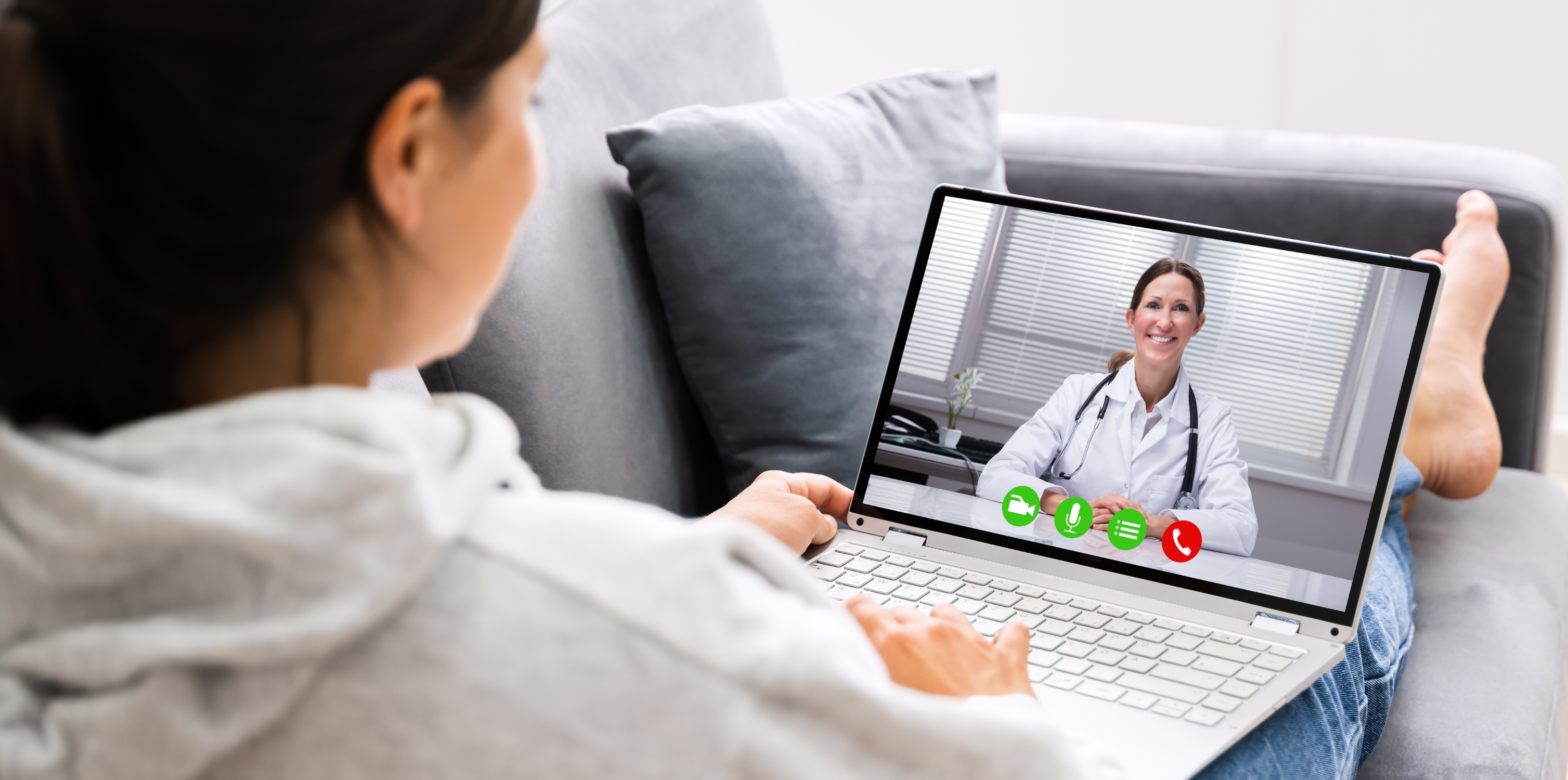
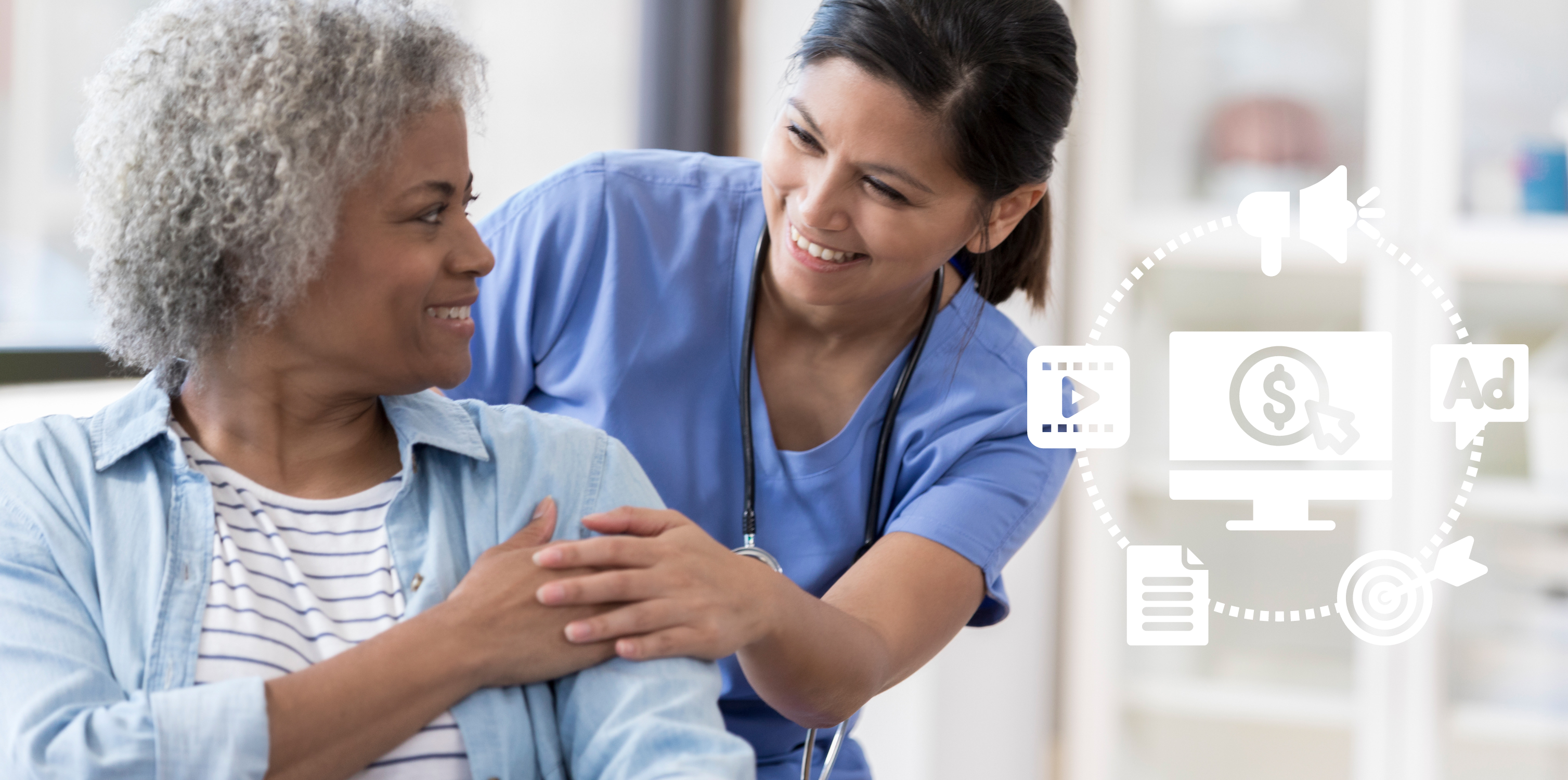
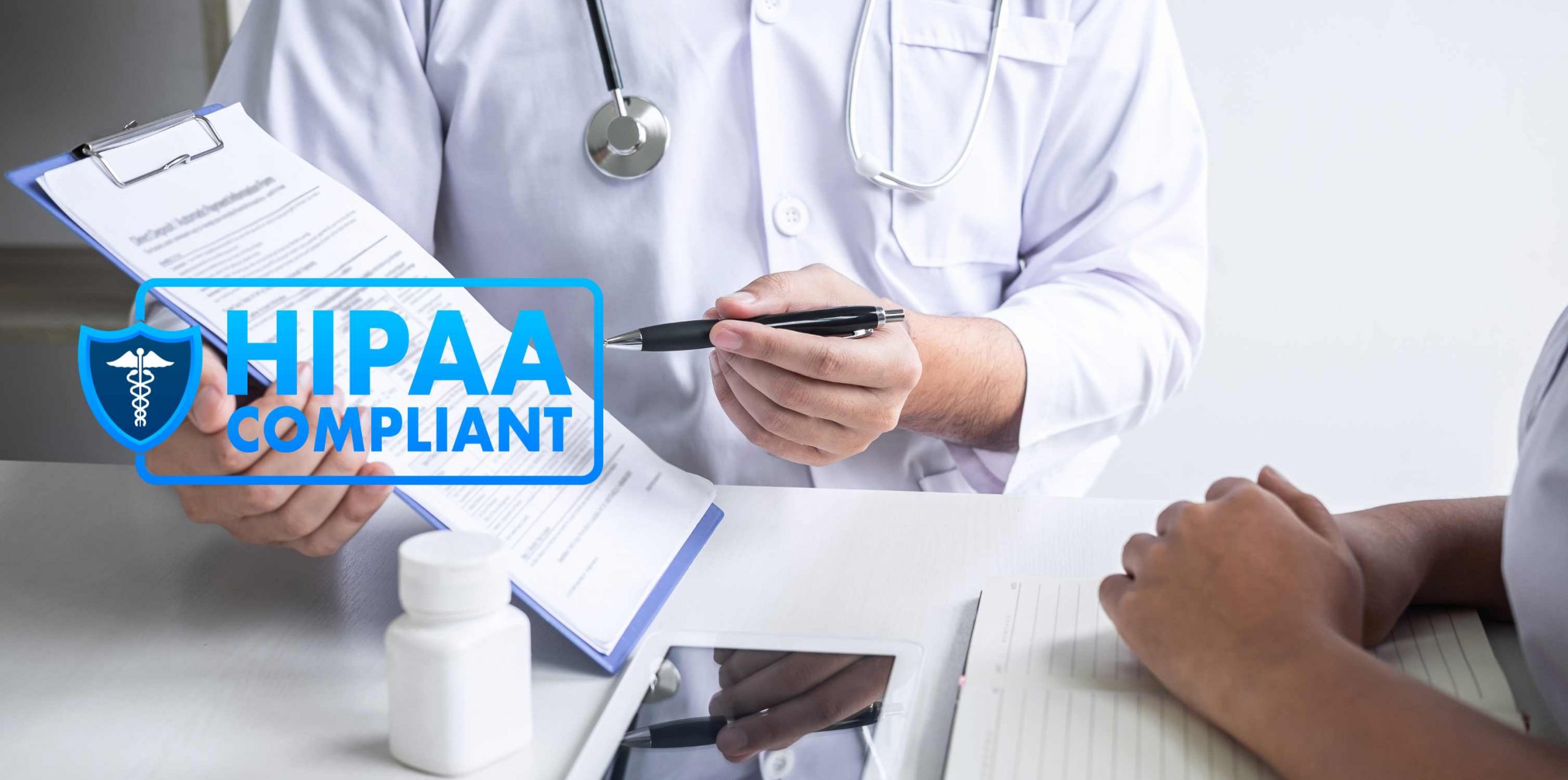
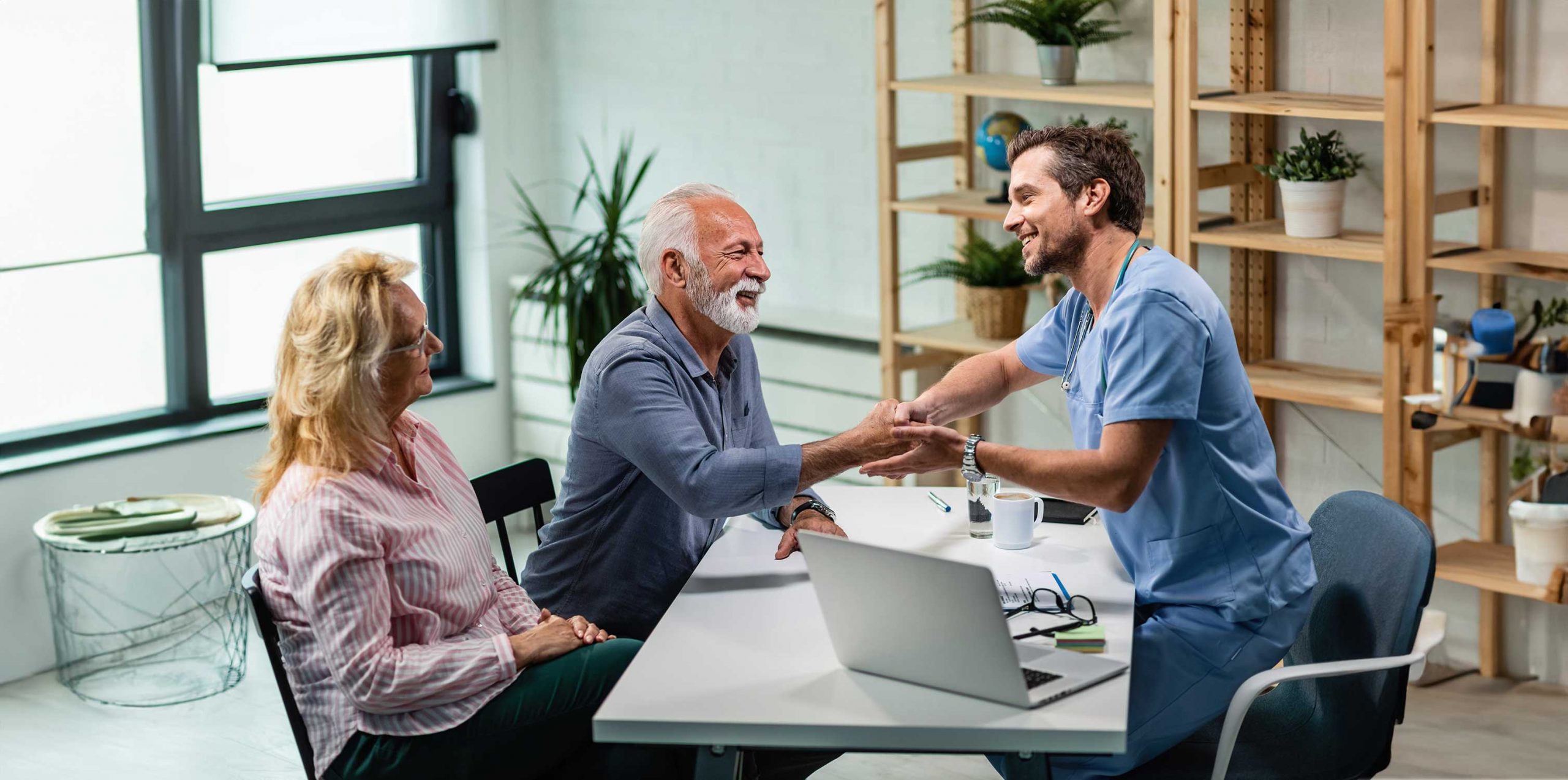
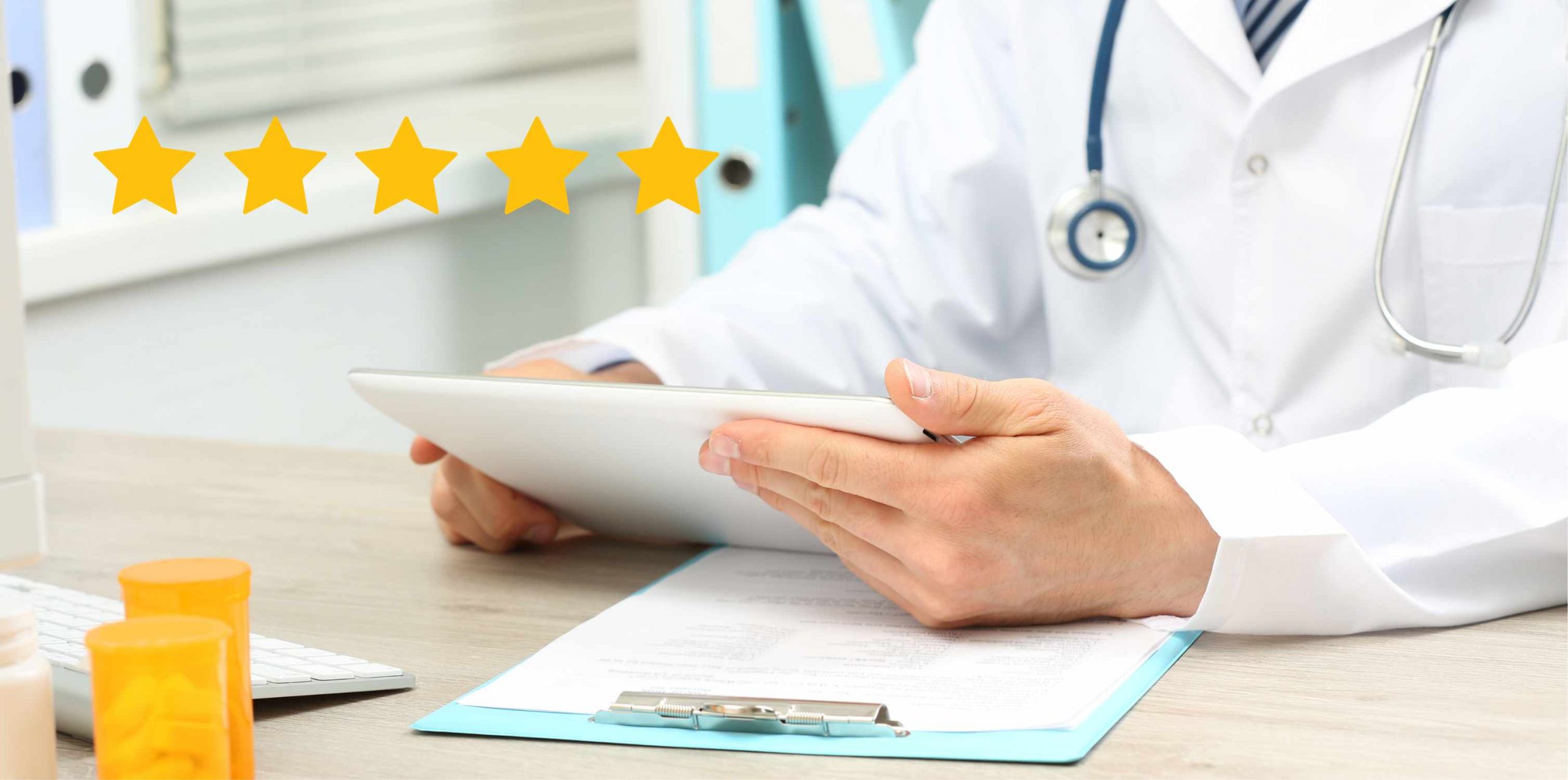


.webp)

 +1 (415) 895-9315
+1 (415) 895-9315 hello@thebravelabs.com
hello@thebravelabs.com